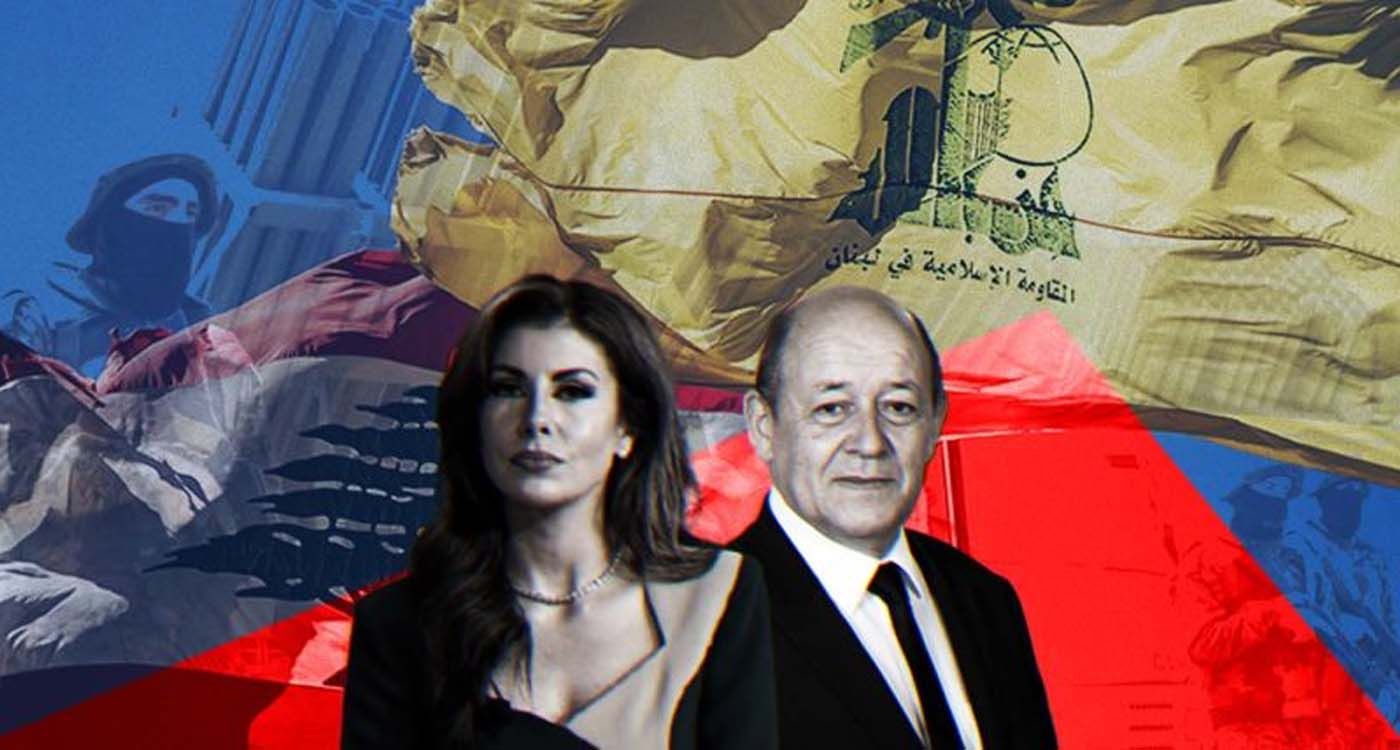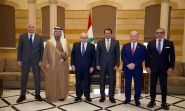
Lebanon is preparing to host two senior envoys in the coming days as its government readies a crucial Cabinet session on September 5. French special envoy Jean-Yves Le Drian and US diplomat Morgan Ortagus return to Beirut to revive talks on security, disarmament and reconstruction.
Appointed by French President Emmanuel Macron, Le Drian is expected to meet with Lebanese authorities to lay the groundwork for two international conferences: one focused on supporting the country’s reconstruction, and the other on strengthening the Lebanese Army. France, co-sponsor of the November 2024 ceasefire agreement between Israel and Lebanon, aims to preserve this fragile truce while mobilizing international partners to support economic and institutional recovery.
During her last visit to Beirut alongside Ambassador Tom Barrack and Senator Lindsey Graham, Ortagus affirmed that the United States recognizes and supports Lebanon’s legitimate institutions, particularly the army and the central government, as the only path to a sovereign and stable future. In Washington, Ambassador Barrack stressed the urgency of a “credible” disarmament plan in exchange for economic support and regional investment.
Key Issues at the Cabinet Meeting
The upcoming Cabinet session on Friday will focus on a security plan from the Lebanese Army leadership. Army Commander General Rodolphe Haykal is expected to outline options for a broader deployment of the armed forces, while highlighting current constraints, including limited logistics and funding, a lack of political consensus, and the risk of direct confrontation with Hezbollah or Israel.
Several scenarios are under consideration. The government could approve the plan in principle but postpone its implementation, citing the absence of parallel commitments from Israel and Syria. This would signal cooperation with international pressure while limiting the risk of internal escalation. Another option is partial implementation, restricted to areas where the army can operate without friction, sending a political signal but raising questions about operational viability. Finally, a complete deadlock remains possible if internal divisions prevent any compromise.
For now, ministers aligned with the Shia duo are expected to attend the session. Finance Minister Yassine Jaber confirmed on Monday that he “plans to take part in Friday’s government meeting, which will focus on approving the militias’ disarmament plan.”
However, a Hezbollah MP, Ali Mokdad, stated in a press interview that the participation of Hezbollah and Amal Movement ministers in Friday’s cabinet meeting has not yet been decided.
According to him, their attendance will depend on the outcome of ongoing behind-the-scenes negotiations, including the possibility of postponing the session to allow for further internal consultations, or revisiting what he described as “mistaken decisions” made during the cabinet meetings of 5 and 7 August.
Mokdad also revealed that Hezbollah supports “postponing any discussion of sovereignty-related matters until a national defence strategy is in place.”
He added, if the army’s proposed plan is “deemed acceptable and reasonable within the framework of a national internal dialogue, we will not oppose it.”
An Uncertain Equation
The visits of Le Drian and Ortagus come at a time when Lebanon is trying to reconcile strong international expectations with a fragile internal balance. In the coming days, the country’s approach to reconstruction, military support and disarmament could determine whether it moves toward compromise or remains mired in the status quo.



Comments